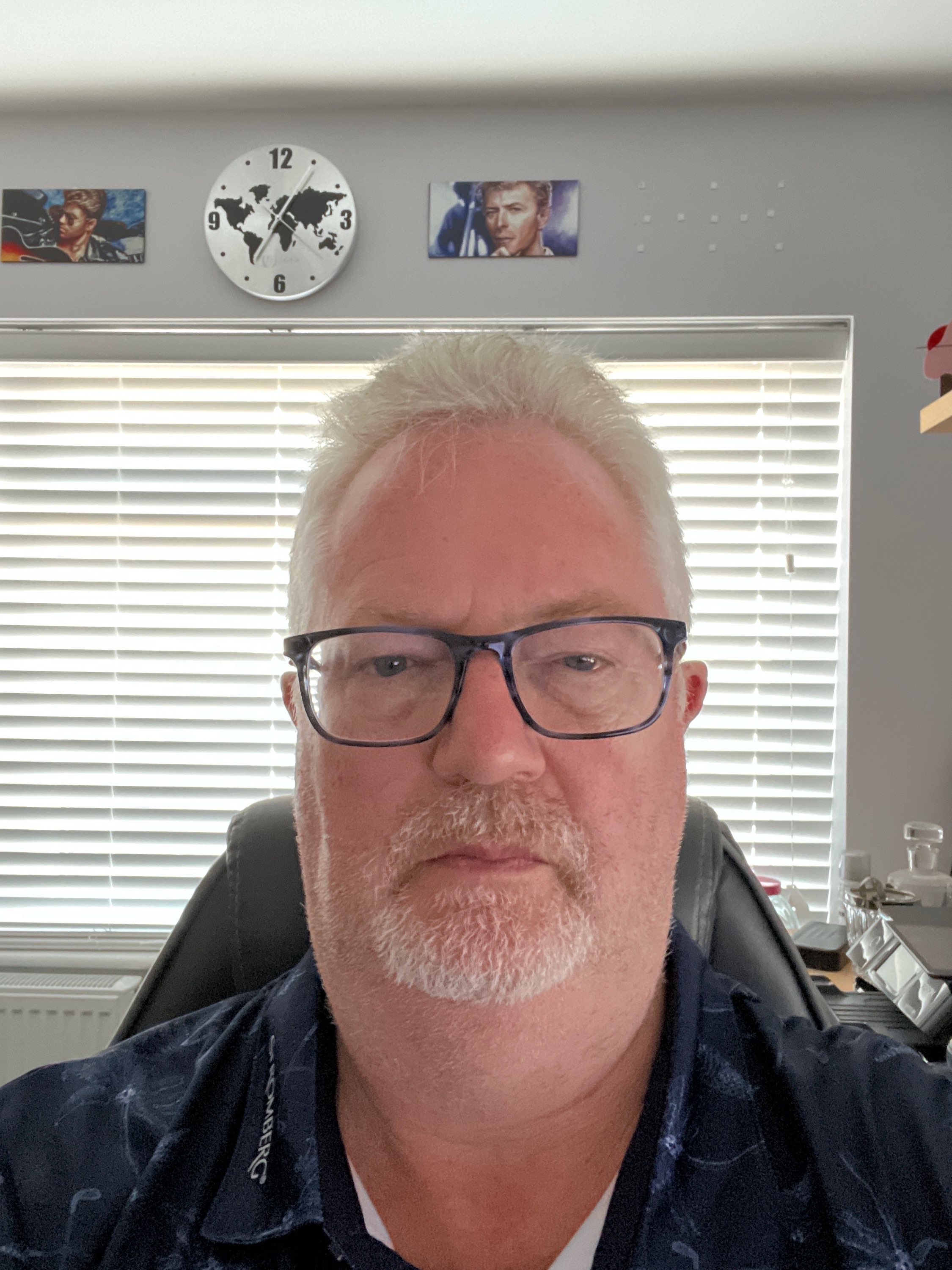Rockwell Collins successfully demonstrates 5,000 mile next-generation wideband high frequency commun
- Satellite Evolution

- Sep 19, 2017
- 1 min read

Rockwell Collins, under contract to the Air Force Research Laboratory Information Directorate (AFRL/RI; contract FA8750-16-C-0269) and in support of AFRL/RI and Air Combat Command’s efforts to successfully communicate in satellite-denied environments, recently demonstrated the resilience of next-generation high frequency (HF) communications using a wideband high frequency (WBHF) system over a 5,000 mile distance.
Over the course of 30 days, Rockwell Collins’ next-generation HF network reliably and rapidly passed data files of various sizes up to 1 megabyte. The demonstration, which showed significant improvement over standard satellite and legacy HF systems, also tested ‘store and forward’ split site capabilities, which is a foundational element of next-generation HF networks.
“Communications technology that can reliably transfer data files quickly over massive distance gives our military operations a great advantage when executing missions in a denied environment,” said Troy Brunk, vice president and general manager, Communication, Navigation & Electronic Warfare Systems for Rockwell Collins. “We are pleased with the outcome of this demonstration and look forward to seeing the system provide our forces with a cost effective option for resilient over-the-horizon communications.”
Next-generation HF is a highly reliable solution for the transfer of data and secure, clear voice, which complements traditional SATCOM communications in denied environments. The technology leverages current HF system infrastructure to create an easily upgraded HF solution with performance previously not available.
The program will continue exploring the optimum network configuration and waveform technologies for this HF application. Leveraging next-generation HF technologies, like WBHF, allows for HF networks to become a future force enhancer.


